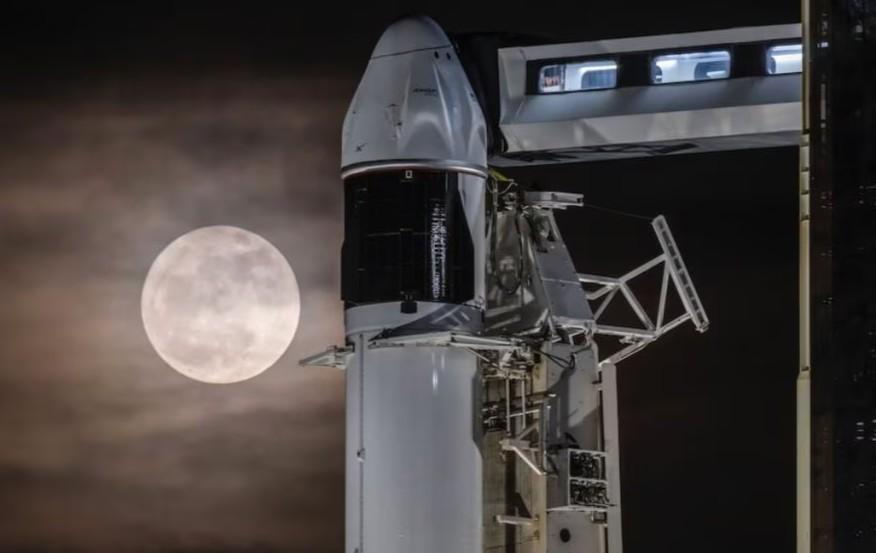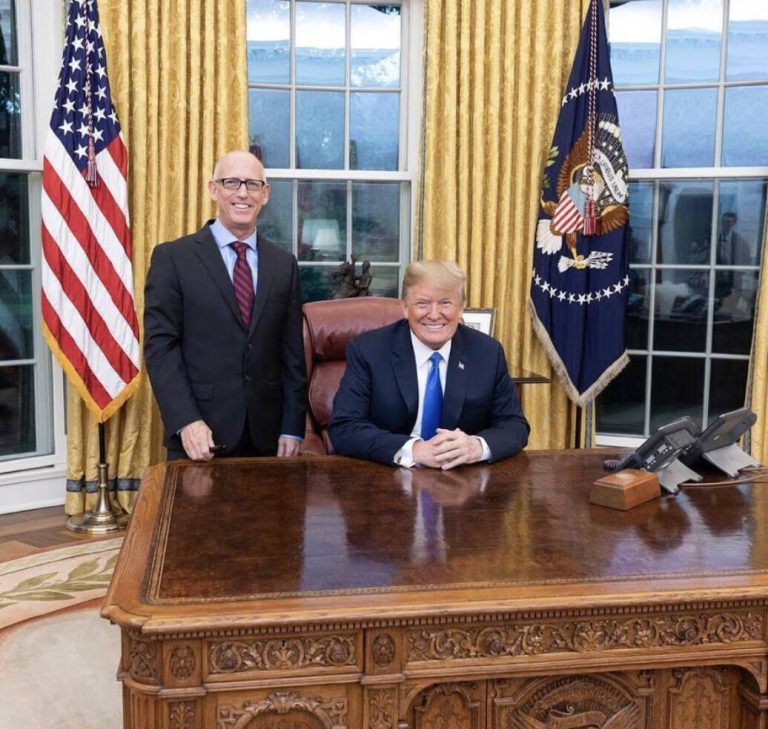
Pichai, Musk & Bezos competing to establish data centres on Moon: Report
In a recent development, a Wall Street Journal report has claimed that tech giants Sundar Pichai, Elon Musk, and Jeff Bezos are exploring the possibility of storing and processing data on the Moon. This ambitious endeavor is driven by the Moon’s unique environment, which offers a stable and low-temperature setting in certain regions, potentially reducing cooling costs for servers. The report highlights the vast, open land on the Moon, which could facilitate the construction of massive data centers without the environmental concerns that are often encountered on Earth.
The idea of establishing data centers on the Moon may seem like science fiction, but it’s an intriguing concept that could revolutionize the way we store and process data. With the increasing demand for cloud computing and data storage, companies are constantly looking for innovative solutions to expand their infrastructure. The Moon, with its barren and uninhabited landscape, presents an attractive opportunity for tech giants to build massive data centers without the constraints of terrestrial environmental regulations.
According to the report, the lunar surface offers a unique combination of advantages that make it an attractive location for data centers. The Moon’s surface temperature can drop to as low as -243°C, which is ideal for cooling servers. This natural cooling system could significantly reduce the energy consumption and costs associated with cooling data centers on Earth. Additionally, the Moon’s gravity is only one-sixth of the Earth’s, which could lead to significant reductions in construction costs and material requirements.
The potential benefits of establishing data centers on the Moon are numerous. For one, it could provide a secure and remote location for storing sensitive data, reducing the risk of cyber attacks and data breaches. The lunar data centers could also serve as a backup or disaster recovery site for critical data, ensuring business continuity in the event of a catastrophic failure on Earth. Furthermore, the Moon’s proximity to Earth makes it an ideal location for latency-sensitive applications, such as real-time data processing and analytics.
Sundar Pichai, CEO of Google and Alphabet, has been at the forefront of innovation, driving the company’s efforts in artificial intelligence, cloud computing, and data analytics. Elon Musk, CEO of SpaceX and Tesla, has been actively pursuing his vision of establishing a human settlement on the Moon and Mars. Jeff Bezos, founder of Amazon and Blue Origin, has also been investing heavily in space exploration and development. The involvement of these tech giants in the lunar data center initiative is a testament to their commitment to pushing the boundaries of innovation and exploration.
While the idea of establishing data centers on the Moon is exciting, it’s not without its challenges. The report highlights the significant technological and logistical hurdles that need to be overcome, including the development of reliable and efficient transportation systems, the establishment of a stable and reliable energy source, and the creation of a robust and secure communication network.
Despite these challenges, the potential rewards of establishing data centers on the Moon are substantial. The report suggests that the lunar data centers could become a critical component of the global data infrastructure, providing a secure, reliable, and high-performance platform for data storage and processing. As the world becomes increasingly dependent on cloud computing and data analytics, the demand for innovative and sustainable data storage solutions will continue to grow.
In conclusion, the report of Sundar Pichai, Elon Musk, and Jeff Bezos competing to establish data centers on the Moon is a fascinating development that highlights the innovative spirit of these tech giants. While the challenges are significant, the potential benefits of lunar data centers are substantial, and it will be exciting to watch this initiative unfold in the coming years.






